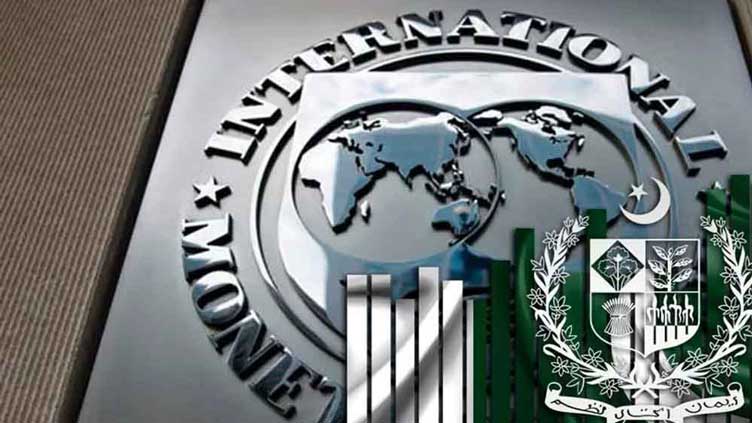The International Monetary Fund (IMF) has granted approval for a $3 billion bailout program to Pakistan, offering a glimmer of hope for the nation’s struggling economy. The immediate disbursal of approximately $1.2 billion aims to stabilize Pakistan’s economic situation. However, concerns remain regarding the agreement’s potential impact on the popularity of the government. The financial assistance arrives after a prolonged period of uncertainty, as the IMF had previously withheld a crucial $1.1 billion installment due to the country’s failure to comply with a 2019 agreement. While the release of funds alleviates fears of a default, stringent spending conditions and structural reforms could exacerbate the economic hardships faced by ordinary citizens.
IMF Approval Provides Short-Term Relief
The board of the International Monetary Fund granted its approval for a $3 billion bailout package to support Pakistan’s ailing economy. The immediate disbursal of $1.2 billion will help stabilize the country’s financial situation. This decision follows a staff-level agreement reached between Pakistan and the IMF last month, securing more funding than anticipated for a nation grappling with an acute balance of payments crisis. The release of funds offers a much-needed respite to the incumbent government, alleviating concerns of an impending default.
Conditions and Reforms Add to Economic Hardships
While the IMF bailout package provides a degree of flexibility in addressing Pakistan’s economic turmoil, it comes with stringent conditions on spending and demands for structural reforms. These conditions may further burden ordinary citizens who are already facing economic hardships. The agreement’s requirements are likely to impact sectors such as public spending, taxation, and labor reforms. While aimed at long-term economic stability, the short-term implications may lead to increased challenges for many individuals struggling to make ends meet.
Uncertain Impact on Government Popularity
Despite the potential economic relief brought by the IMF bailout, its impact on the popularity of the incumbent government remains uncertain. The conditions attached to the agreement, which could result in heightened economic hardships for ordinary citizens, might not improve the government’s standing among the electorate. Prime Minister Imran Khan and his party faced setbacks when the IMF withheld the critical $1.1 billion installment due to non-compliance with a previous agreement. Whether the announcement of the IMF agreement will bolster the government’s chances at the polling booth, or further dampen its support, is yet to be seen.
The approval of a $3 billion IMF bailout program provides Pakistan with an opportunity to stabilize its troubled economy. The immediate disbursal of funds will offer some respite to the government and alleviate concerns of a potential default. However, the strict conditions on spending and structural reforms attached to the agreement may exacerbate the economic hardships faced by ordinary citizens. The impact of this financial aid on the popularity of the government remains uncertain, with the potential for both positive and negative consequences. Only time will reveal the true outcome of Pakistan’s IMF agreement and its ability to salvage the country’s economy.















